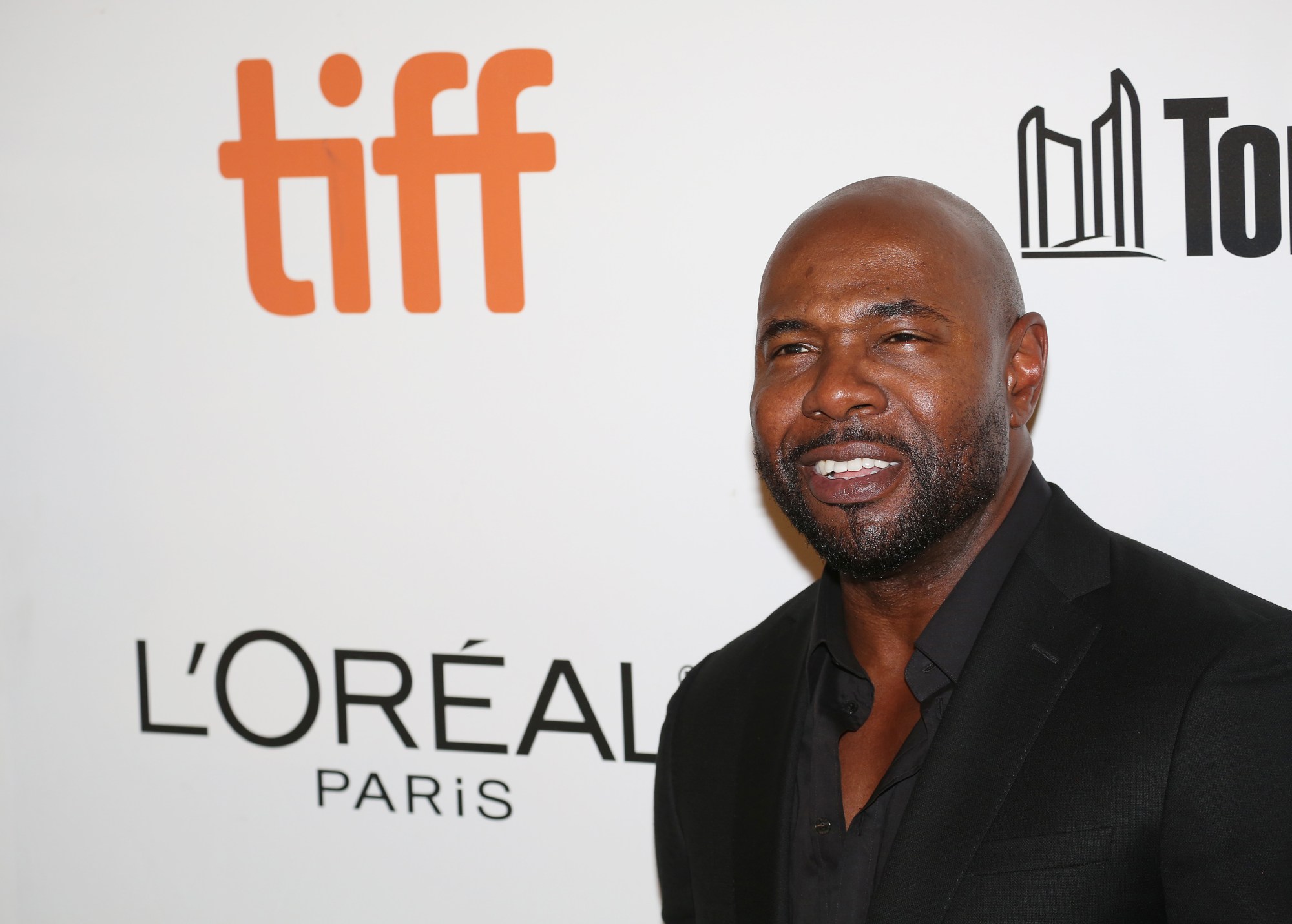
- Interviews
Antoine Fuqua on Toronto Opener ‘The Magnificent Seven’: ‘As a kid you just want to be a cowboy ‘
The Magnificent Seven is one of the oldest tales in Hollywood. The original was made in 1960, directed by John Sturges and fondly remembered as a true Western classic (as well as his musical theme–Dun! Dun de dun! Dun! de dun-dun-dun!- one of the most popular in Hollywood history). Not everyone remembers that it was already a remake of another “classic” done 6 years earlier far away in Japan, by Akira Kurosawa. It was called Seven Samurai.
Antoine Fuqua now offers us now his own take on this classic tale of Good vs. Evil, bringing issues like race to the forefront of the 41st edition of the Toronto International Film Festival. The reviews from the opening night gala premiere are mixed, but no one better than Fuqua himself to explain his vision for this perennial story of courage and fortitude that took him out of his comfort zone in both genre and period.
When was your first thought about including racial diversity in this old white Western?
I thought about it and I didn’t think about it. When we were discussing who the lead would be over the usual list of actors, I told them ‘you know who would be amazing as the lead? As Yul Brynner’s character? I said ‘Denzel Washington’. And the room got quiet. Then everybody said ‘that’s good because he has never done a Western’. And I know he likes Westerns. And from that point on it opened the floodgates to be more diverse. But I didn’t think about color. I just thought, ‘Denzel’. I needed a powerful lead. The color was a conversation that came after. For me this is a movie about terrorism and it’s going to take us all to fight terrorism. And this group represents the world we are living today.
It’s not only Denzel. It’s black, it’s Latino, it’s Korean.
And everyone brought his own idiosyncrasies. Each one different skill sets. The Korean actor (Byung-hun Lee) was a little more skilled with the knives because he was very athletic. Manuel (García-Rulfo), the Latino guy, he started spinning guns as he was doing it forever.
What about Denzel?
This project was in the works for a long time. I think Tom Cruise was involved at one point. But to me Denzel was obvious. He brings power. And I wanted to see him in the element, in the West. Because the biggest challenge was the environment. The outdoor adventure. It was daunting. Nothing serious happened, thank God. But I needed someone like Denzel to bring them all together.
You were also in conversations with Wagner Moura.
I love Wagner. We wanted to work together so badly. I spoke with him on the phone and he was committed to the Escobar project (Narcos). He gained all the weight for it. He wanted to do it (Magnificent Seven) but he couldn’t commit to the schedule. I love him. We spoke on the phone quite a bit and my heart broke but it worked out fine with Manuel. He’s a star.
What are the elements of a good Western?
Hopefully you’ll feel like that once you see the movie. It’s the same as with any good movie. You need a good story. Don’t try to make something is not. You don’t want to make a cowboy movie. You want to make a movie that happens at that time. Westerns are to me the most simple of the stories, Good vs. Evil. And you can’t grow old with these elements. But nostalgia is an interesting thing. The fact that I got an opportunity to make a Western, to do it with all these guys at a time when you don’t get to make Westerns anymore is a dream. But if somebody says, ‘do you want to do another western tomorrow?’ I would pause and I’ll think about it twice. As a kid you just want to be a cowboy and play in the heat, in the sand and then clean up and go home with mom. Everything is cool. But real horses do whatever they want. Having a big cast of actors is challenging everyday. Filming in a place that rains constantly is challenging. Most of the times it was over a 110 degrees. Everyday. We mainly shot in Baton Rouge and some in New Mexico. So you really have to be careful what you wish for.

